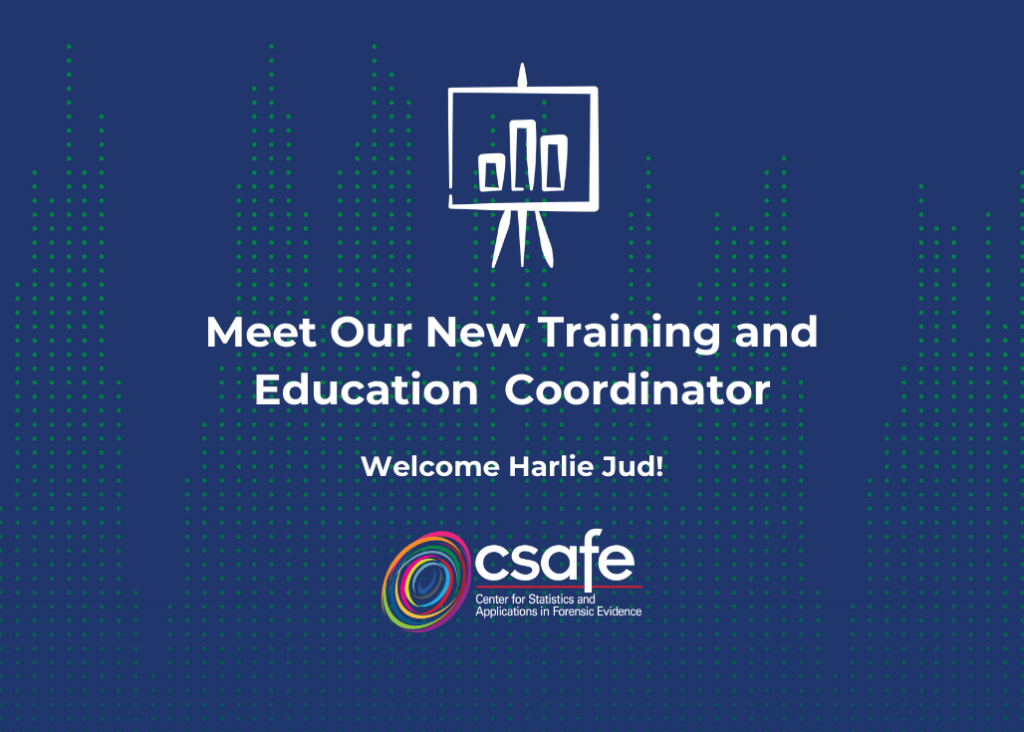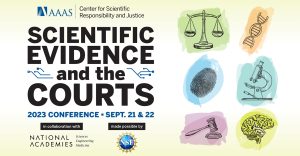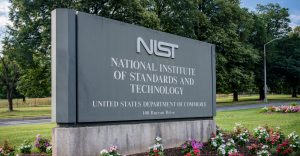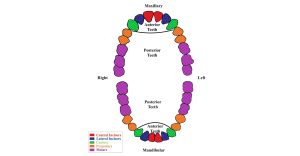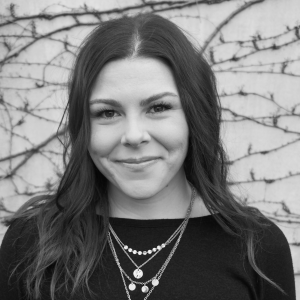
CSAFE is thrilled to announce Harlie Jud as its inaugural Education and Training Coordinator. After receiving another five years of funding, CSAFE remains dedicated to engaging professionals in forensic science and legal communities in research and training activities. The center will also continue to work towards improving quantitative literacy among forensic practitioners and other stakeholders through education and training opportunities. The creation of this new position helps ensure CSAFE achieves these goals.
We spoke with Ms. Jud to discover more about this new position and the unique insights she brings to the job.
Q: The training and education coordinator is a new position –– why was it created and how does it work to achieve CSAFE 2.0’s mission?
A: Forensics professionals are expected to understand statistical ideas in their workplace, but many were only required to take basic statistics courses that didn’t directly apply to forensics. CSAFE created this new position to help bridge that gap by creating training and education materials that apply these concepts to various disciplines.
Many of our team members have been contributing to these efforts during the first phase of CSAFE. Now, with the help of an education and training coordinator to lead the planning, development and implementation these initiatives will be more robust, cohesive and specifically targeted to the needs of the community.
Q: What aspects of your former position at CSAFE as the Administrative Specialist are you using as you build education and training resources and work with CSAFE partners and examiners?
A: In my former role, I was able to build many connections with our partners as I organized events and coordinated center activities. The relationships I’ve built with the communities we serve are a great foundation for this new position. Already having these connections and a solid understanding of forensic science practices allows me to better understand the education and training needs of forensic scientists and lawyers. Now in this new role I can apply what I’ve learned to help CSAFE develop resources that better serve their unique goals.
Q: What led you to work at CSAFE and how has your experience at the center impacted you?
A: I’ve always enjoyed event planning, and love to learn new things. The role at CSAFE allowed me to apply my past experience to a new field and that was exciting to me. Working at CSAFE has given me a different perspective on forensic science and shown me that what you see in crime shows on TV is not what really happens in real life. It has also shown me how many false convictions there really are and how important CSAFE research is to the field. Now in the education and training position I can take my experience and knowledge to the next level –– I’m looking forward to the opportunity to build on my skills and be more strategic and creative as I lead our education and training efforts.
Q: An element of the Education and Training Coordinator position is to “ensure that forensic science investigators, lawyers, and judges can make effective use of new technologies and that the next generation of forensic scientists is exposed to probability and statistics.” How will that look this year?
A: Our goal for CSAFE 2.0 is to expand our resources to include courses, online modules, books and more to educate the community, so that we can all be on the same page, speaking the same language. We are also working to educate the future workforce and help get students into labs so they can have hands-on experience.
Over the course of the next several months, our education and training team will be working hard behind the scenes to gather input from the community on their biggest training needs, developing content for learning programs, planning delivery methods and rolling out a new website to promote these opportunities. We’ll be working very closely with examiners and lawyers at each step of the way to ensure we offer valuable opportunities for the community to grow in statistical knowledge and applications.
Q: How are you facing the challenge of continuing CSAFE’s mission amid the COVID-19 crisis?
A: Along with the rest of the world, we are moving many of our events online due to COVID-19. But, a well-planned agenda with goals and break-out rooms in Zoom can do wonders! Online meetings allow us to build relationships with and provide learning opportunities for forensic examiners, lawyers and students all over the world that may not be able to join in-person.
Q: What would you say to someone considering entering the forensics field based on your knowledge of CSAFE and its stakeholders?
A: We all want to work together to develop standards and guidelines to accurately convey forensic evidence analysis results and conclusions. Statisticians and the forensic and legal communities are on the same team and can learn a lot from each other. We at CSAFE are here to help bridge the gap between the different disciplines. Our team encourages new members of the forensic fields and veterans alike to be open to learning how statistical approaches can improve accuracy in your work. We’d love to work with you!
To connect with Harlie and learn more about CSAFE training and education opportunities, contact her at harliej@iastate.edu. Visit our current Education Center to view webinars on a wide variety of forensic science topics and learn more about how you can apply statistical principles to your forensics or legal work. Watch for our new Training and Education website release in the coming weeks!

